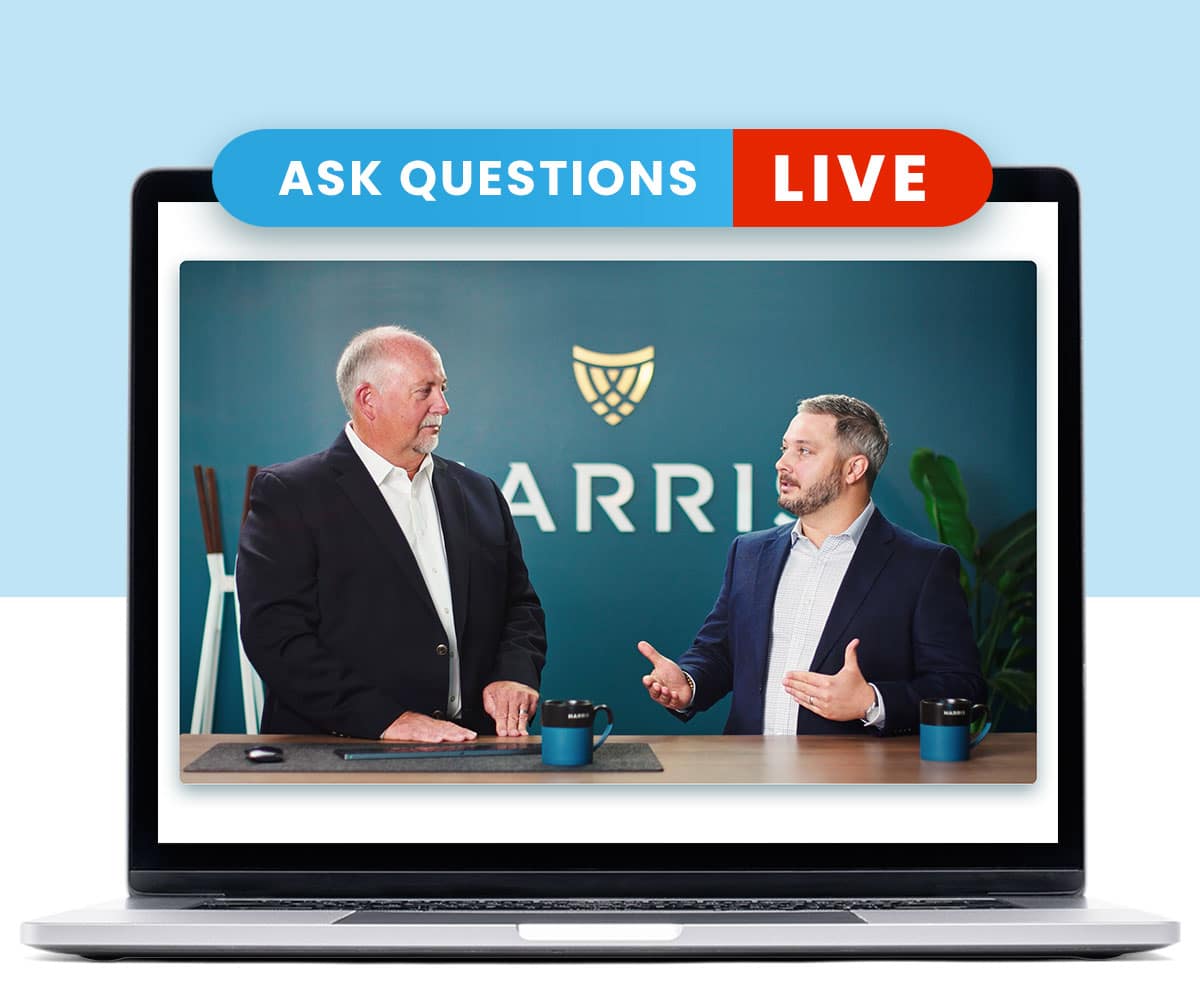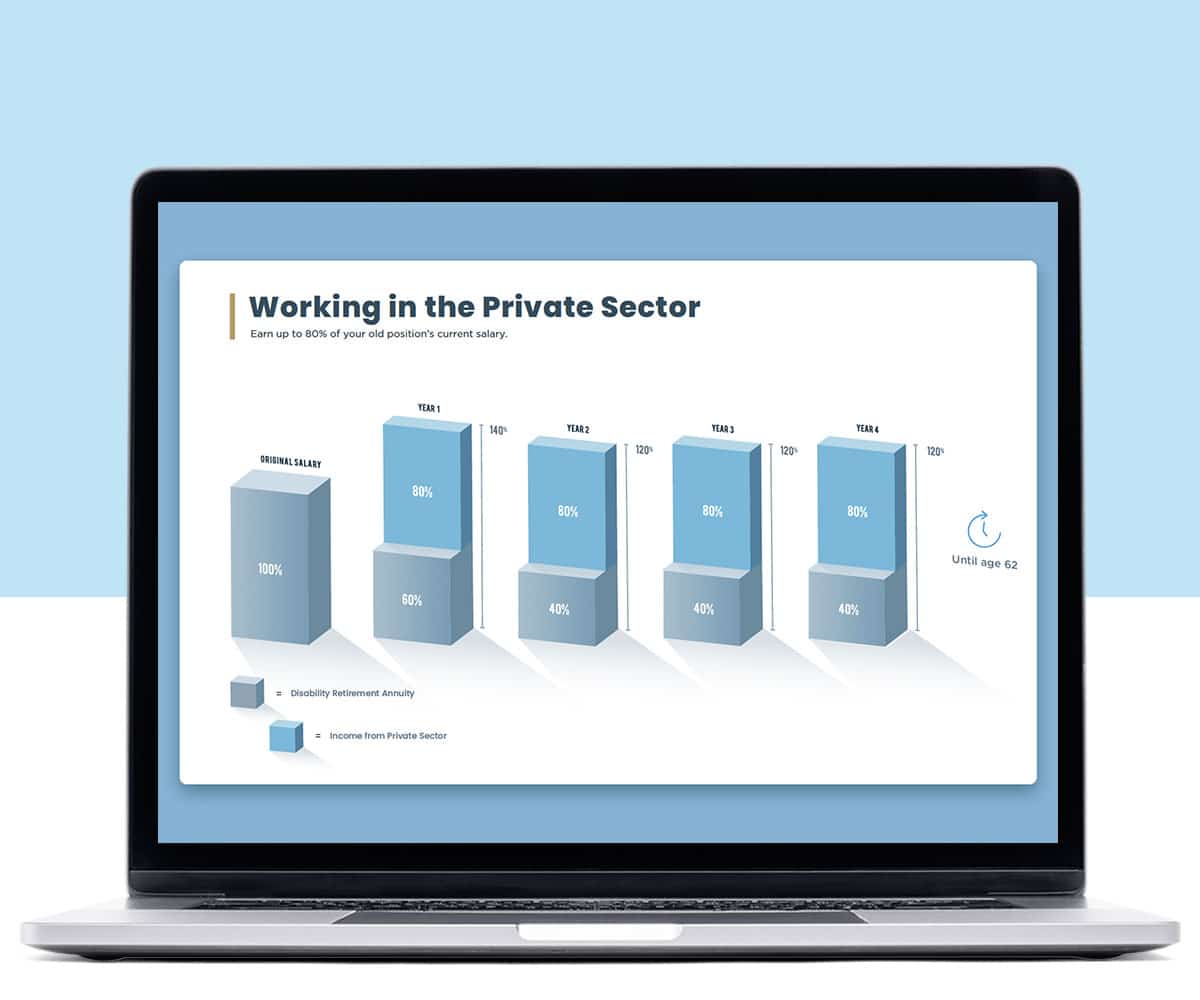
The Office of Personnel Management and the Office of Management and Budget will spend the next year studying the “competitiveness” of federal compensation with that of agency private-sector counterparts, per an update to the president’s management agenda. The two agencies are tasked with obtaining “market information” and studying “the federal government’s competitive posture in total compensation for civilian federal employees, to include base pay, benefits, and other relevant total reward elements.”
This effort is expected to be completed by September 2019.
The Congressional Budget Office, in 2017, found that federal workers make on average 17% more than employees in the private sector, however, some argue that that percentage doesn’t adequately account for differences in educational attainment and other issues.
In April, the Federal Salary Council used data from the Bureau of Labor Statistics to conclude that federal employees make nearly 32% less than private sector workers but that omits some non-salary elements of compensation.
Howard Risher is a consultant on pay and compensation issues who helped with the passage of the 1990 Federal Employees Pay Comparability Act. He thinks that the problem with both metrics for comparison is they are too broad.
The 2 reports attempt to capture compensation data on al private companies, big and small, rather than only comparable large businesses of at least 500 or 1,000 employees. Neither report adequately focuses on the compensation of workers who have the skills desired by federal agencies. Risher said, instead OPM and OMB should compile a series of local surveys of a subset of the workforce.
“What they should be doing is figuring out who they’re competing with for talent,” he said. “[Most] industries have an industry survey that’s done privately…What I would do is I would go out to the [Federal Executive Boards] in each of the major cities and regions and talk about what data would be useful in this area. You have to get people to agree about how to ‘price’ jobs in these cities, and then if there are local surveys that would be useful.”
Each company, when developing a benefits package, comes up with their own assumptions about how much a new hire is likely to make over the course of their career, how long they expect them to live after retirement, and other variables.
“The other big thing that’s important here is that if you go to corporations, it would be fairly common for senior management and even middle management and supervisors to provide some sort of stock ownership opportunity, and ignoring that is a big mistake,” Risher said. “And BLS specifically does not look at year-end incentive payments or any payout that is dependent on performance. So, a manager making $100,000 almost across the board will have an incentive of at least 10-15% of their salary, so you’re missing a big chunk of what they can earn.”
He went on to say, “you have to reach an agreement about what’s valid for this purpose, and a part of that is [getting buy-in] from unions. Unions, first of all, are democracies and when people get elected to those offices, they have to prove that they’re doing good work for the members of that union. And there’s an innate distrust that changes to the General Schedule are going to lead to people getting screwed…[OPM and OMB] need what they produce to be credible because there will just be people throwing rocks at it otherwise.”



 Hi, ready to schedule a free consultation?
Hi, ready to schedule a free consultation?